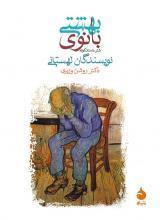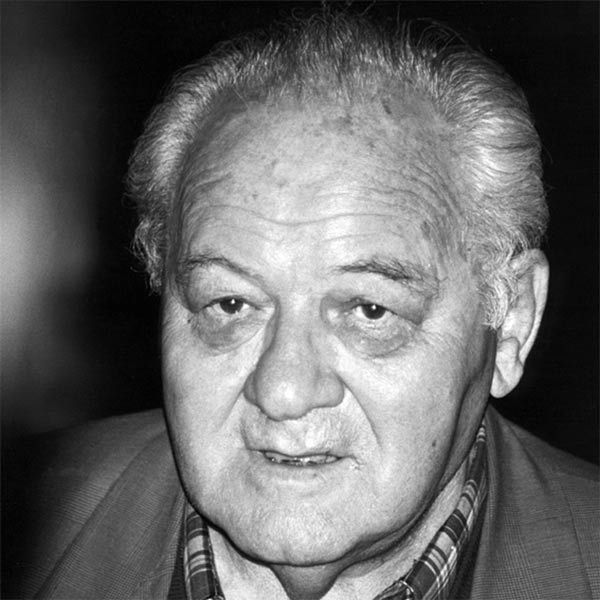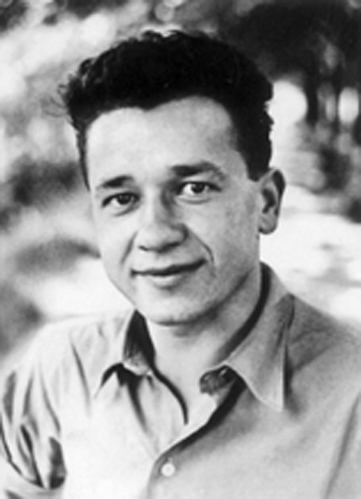
Authors

Gustaw Herling-Grudziński (May 20, 1919 - July 4, 2000) was a Polish writer, journalist, essayist and soldier. He is best known for writing a personal account of life in the Soviet gulag - A World Apart. He was born in Kielce. His studies of Polish literature at Warsaw University were interrupted by the outbreak of the Second World War (German invasion of Poland). During the Fall of 1939 he co-founded an underground resistance organization "Polska Ludowa Akcja Niepodległościowa, PLAN". As the organization's courier he traveled to then Soviet occupied Lwów (Lviv), but was arrested in March 1940 by the NKVD and sentenced on fabricated espionage charges. Imprisoned in Vitsebsk and a gulag in Arkhangelsk region for 2 years, he was released in 1942 under the Sikorski-Mayski Agreement. He joined Gen. Władysław Anders' Army (Polish II Corps) and later fought in North Africa and in Italy, taking part in the battle of Monte Cassino. For his valor in combat he was decorated with the Virtuti Militari, Poland's highest military decoration. In 1947 he co-founded and initially co-edited the political and cultural magazine Kultura, then published in Rome. When the magazine moved to Paris, he settled first in London and finally in Naples, Italy, where he married Lidia, a daughter of the philosopher Benedetto Croce. He also wrote for the Italian "Tempo presente" run by Nicola Chiaromonte and for various dailies and periodicals. ————————————————————- Works His most famous book, A World Apart, was translated into English by Andrzej Ciolkosz and published with an introduction by Bertrand Russell in 1951 (the 2005 edition would feature an introduction by Anne Applebaum). By describing life in the gulag in a harrowing personal account, it provides an in-depth, original analysis of the nature of the Soviet communist system. Written 10 years before Aleksandr Solzhenitsyn's One Day in the Life of Ivan Denisovich, it brought him international acclaim but also criticism from Soviet sympathizers. A selection from the Journal Written at Night, a journal that he wrote for 30 years, was translated by Ronald Strom and published as Volcano and Miracle (1997). A collection of his short stories, The Noonday Cemetery and Other Stories (2003), has been translated by Bill Johnston. Awards He was the winner of many literary prizes: Kultura (1958), Jurzykowski (1964), Kościelskis (1966), The News (1981), the Italian Premio Viareggio prize, the international Prix Gutenberg, and French Pen-Club. In 1998 he was awarded the Order of the White Eagle.

Henryk Adam Aleksander Pius Sienkiewicz (also known as "Litwos"; May 5, 1846–November 15, 1916) was a Polish journalist and Nobel Prize-winning novelist. He was one of the most popular Polish writers at the turn of the 19th and 20th centuries, and received the Nobel Prize in Literature in 1905 for his "outstanding merits as an epic writer." Born into an impoverished gentry family in the Podlasie village of Wola Okrzejska, in Russian-ruled Poland, Sienkiewicz wrote historical novels set during the Rzeczpospolita (Polish Republic, or Commonwealth). His works were noted for their negative portrayal of the Teutonic Order in The Teutonic Knights (Krzyżacy), which was remarkable as a significant portion of his readership lived under German rule. Many of his novels were first serialized in newspapers, and even today are still in print. In Poland, he is best known for his historical novels "With Fire and Sword", "The Deluge", and "Fire in the Steppe" (The Trilogy) set during the 17th-century Polish-Lithuanian Commonwealth, while internationally he is best known for Quo Vadis, set in Nero's Rome. Quo Vadis has been filmed several times, most notably the 1951 version. Sienkiewicz was meticulous in attempting to recreate the authenticity of historical language. In his Trilogy, for instance, he had his characters use the Polish language as he imagined it was spoken in the seventeenth century (in reality it was far more similar to 19th-century Polish than he imagined). In The Teutonic Knights, which relates to the Battle of Grunwald in 1410, he even had his characters speak a variety of medieval Polish which he recreated in part from archaic expressions then still common among the highlanders of Podhale. In 1881, Sienkiewicz married Maria Szetkiewicz (1854-1885). They had two children, Henryk Józef (1882-1959) and Jadwiga Maria (1883–1969).
